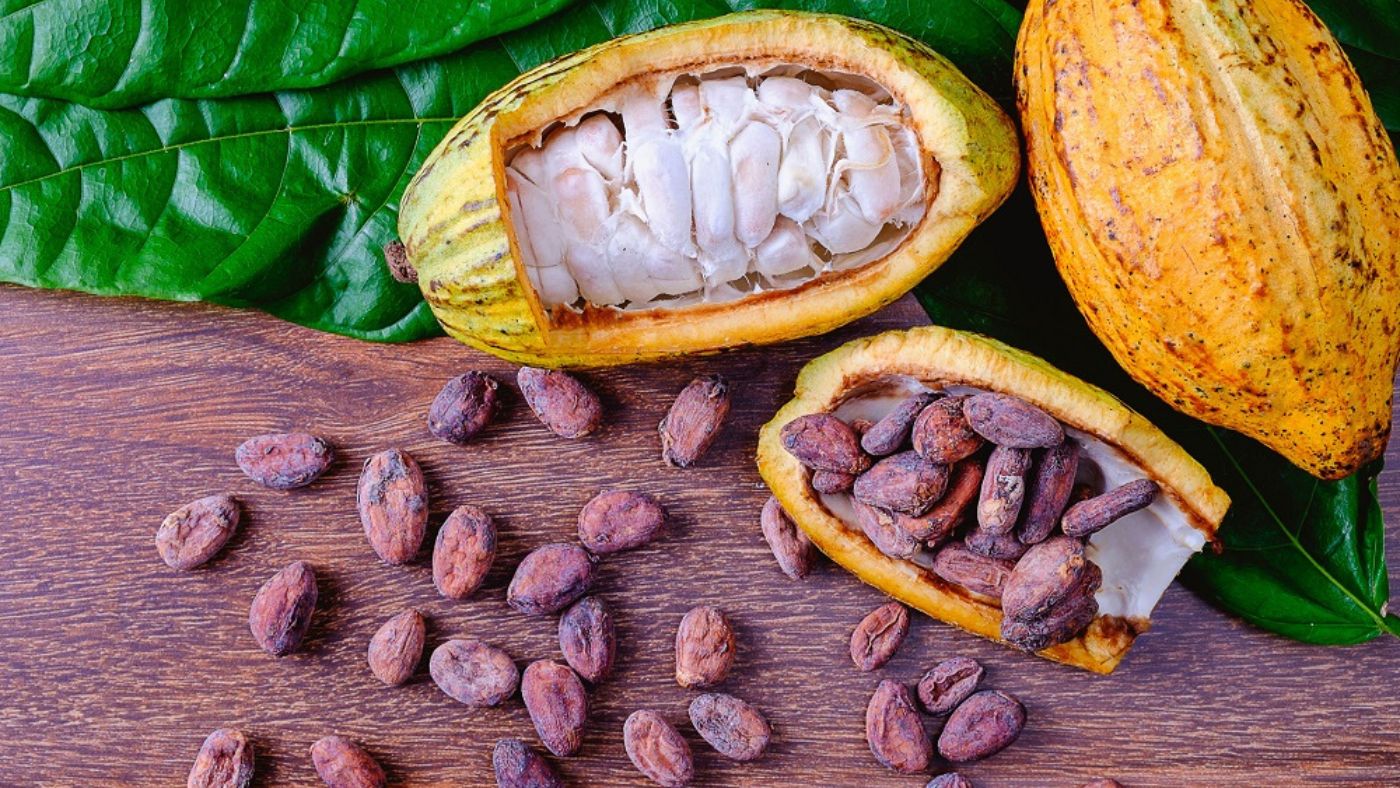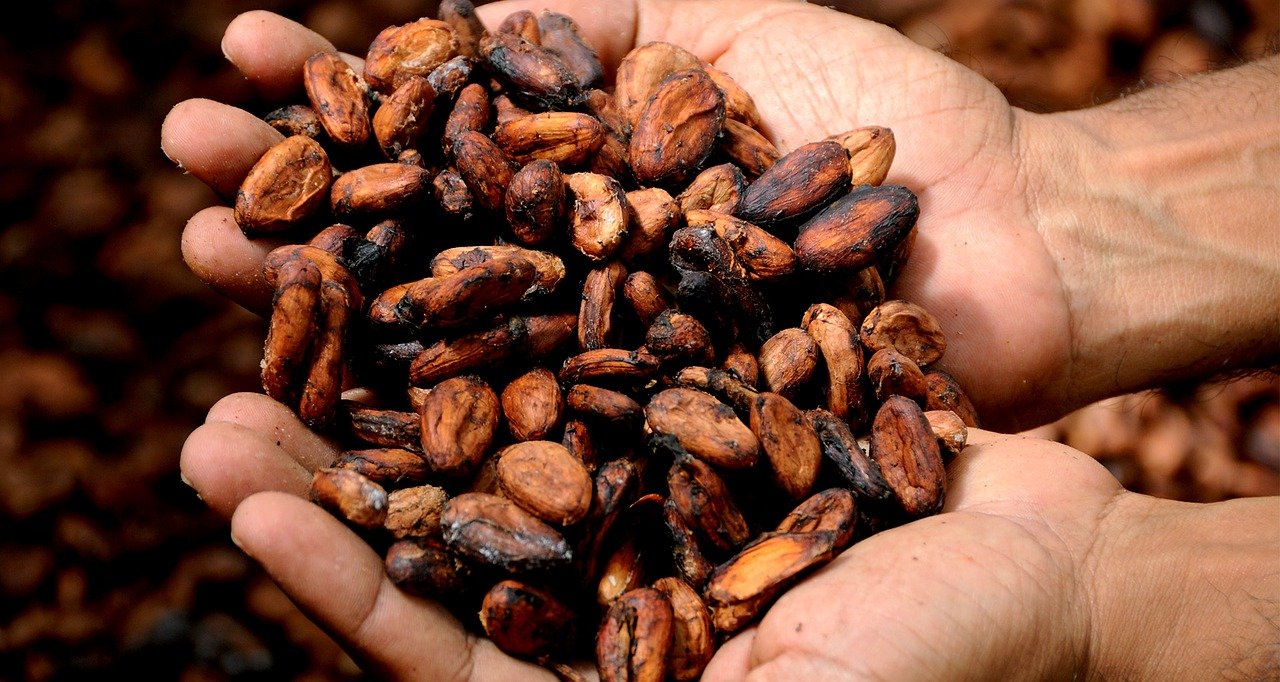A recent study has underscored the crucial role of flavanols, nutrients present in specific fruits and vegetables, in mitigating age-related memory decline.
According to the research, there exists a correlation between the intake of flavanols and performance on memory tests among older adults.
Notably, significant improvement was observed in individuals over 60 years old who initially had low-flavanol diets but subsequently replenished these dietary components.
This study reinforces the emerging understanding that certain nutrients play a vital role in maintaining optimal cognitive health as the brain ages.
Key Facts:
- The study marks the first conclusive evidence linking a low-flavanol diet to age-related memory decline.
- Replenishing flavanols in older adults with mild flavanol deficiency significantly enhanced their performance on memory tests.
- The research supports the concept that, akin to brain development in early life, the aging brain requires specific nutrients for sustained health.
Led by researchers from Columbia University and Brigham and Women’s Hospital/Harvard, a large-scale study has established that a diet lacking in flavanols—nutrients commonly found in certain fruits and vegetables—contributes to age-related memory decline.
The study demonstrated that among older adults, flavanol consumption correlates with scores on memory tests designed to detect age-related cognitive decline.
Furthermore, supplementing these bioactive dietary components in older adults with mild flavanol deficiency over the age of 60 improved their performance on memory tests.
Dr. Adam Brickman, co-leader of the study and professor of neuropsychology at Columbia University Vagelos College of Physicians and Surgeons, highlighted the significance of these findings:
“The improvement among study participants with low-flavanol diets was substantial and raises the possibility of using flavanol-rich diets or supplements to improve cognitive function in older adults.”
The study also supports the emerging notion that optimal cognitive health in aging individuals requires specific nutrients, similar to the essential nutrients needed for proper brain development in early life.
Dr. Scott Small, senior author of the study and the Boris and Rose Katz Professor of Neurology at Columbia University Vagelos College of Physicians and Surgeons, emphasized the implications of these findings for future research and clinical practice:
“Our study, which utilizes biomarkers of flavanol consumption, can serve as a model for identifying additional necessary nutrients that are crucial for maintaining brain health as we age.”

This latest study builds upon over 15 years of research conducted in Dr. Small’s laboratory, which has consistently linked age-related memory decline to changes in the dentate gyrus—a specific area within the hippocampus, crucial for learning and forming new memories. Previous studies have shown that flavanols enhance the function of this brain region.
Further research in mice revealed that flavanols, particularly epicatechin—a bioactive compound found in flavanols—improved memory by promoting the growth of neurons and blood vessels in the hippocampus. Subsequent trials in humans confirmed these benefits, particularly in individuals starting with a poor-quality diet.
In the current study, the Columbia team collaborated with researchers from Brigham and Women’s Hospital to investigate the effects of flavanols and multivitamins as part of the COSMOS (COcoa Supplements and Multivitamin Outcomes Study).
The COSMOS-Web study, designed to look into whether flavanol deficiency drives cognitive aging in the brain, involved over 3,500 healthy older adults randomly assigned to receive either a daily flavanol supplement or a placebo for three years.
The active supplement contained 500 mg of flavanols, including 80 mg of epicatechins, an amount equivalent to what adults are advised to obtain from their diet.
At the outset of the study, participants completed dietary surveys to assess their flavanol intake. They then engaged in web-based cognitive assessments developed by Dr. Brickman to evaluate short-term memory tasks associated with the hippocampus, which were repeated annually over the study period.
More than a third of participants also provided urine samples, which researchers analyzed to measure biomarkers indicative of dietary flavanol levels. This approach ensured accurate monitoring of participants’ adherence to the assigned regimen, which remained consistently high throughout the study.
While participants showed modest memory score improvements with flavanol supplementation, those with poorer diets and lower baseline flavanol levels experienced significant increases in memory scores after one year of supplementation—10.5% compared to the placebo group and 16% compared to their own baseline memory scores. Importantly, these improvements were sustained throughout the subsequent two years of the study.
According to the researchers, these findings strongly suggest that flavanol deficiency contributes to age-related memory decline, as evidenced by the correlation between flavanol consumption, memory scores, and the beneficial effects of flavanol supplements in flavanol-deficient adults.
Dr. Small emphasized the implications of these findings for future research directions: “Our studies underscore that flavanols do not benefit individuals who do not have a deficiency in these nutrients.
Future research should focus on conducting clinical trials to replenish flavanol levels in adults with severe flavanol deficiency, thereby further elucidating their impact on brain health.”
Dr. Small concluded, “As age-related memory decline affects nearly everyone to some extent, understanding the role of dietary flavanols may offer insights into mitigating cognitive decline and promoting brain health across the lifespan.”
